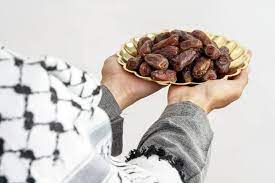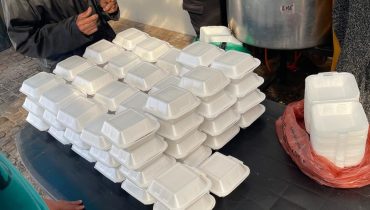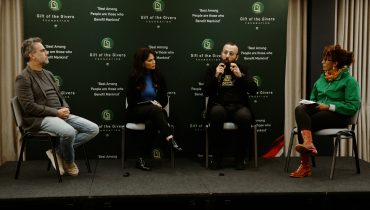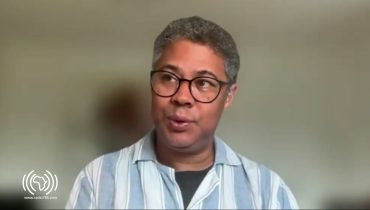Dr Gaathier Mahed writes
A glass of water and a date accompanies our evening iftar.
With Bismillah on the lips, the first sip needs to remind us of our duty to preserve this precious resource.
That sip also replenishes a life form, which is constituted of almost 70% water, yet we take for granted that it is easily available.
Let us not forget that not too long ago we were standing in queues in order to gain access to fresh drinking water. Our usage was limited and cut off when we exceeded a certain amount and in certain places this is still the case.
In Ramadaan a similar situation plays itself out, whereby we can only drink water at certain times. Let us be more aware of how and when we use it too, especially during this month and hopefully for the entire year.
Water scarcity
Water is precious, and clean water is becoming a limited resource, due to an expanding population and increasing demands from agriculture and industry. This is critical, as we as Muslims need to be aware of our usage of the resource. The prophet alludes to this:
“Do not waste even if performing ablution on the bank of a fast flowing large river”[Hadith]
It is clearly evident that even if the resource is available in large quantities, we should still be careful in its use.
The Prophet himself would perform ablution with just one mudd of water (equivalent to 2/3 of a litre), and take bath with one saa’ of water (equivalent to around 3 litres in modern volume measurements). These are valuable lessons for us in a time where our water resources are dwindling.
Bringing change
It has been said that practicing a Sunnah during this holy month gains the reward equivalent to a fard(obligatory act). This is therefore the perfect opportunity to adapt good habits, as demonstrated to us by our Prophet (PBUH). This will lay the foundation for good practices throughout the year and our lifetime.
It could be considered a small difference, but these good practices could rub off on others and spill over in order to create a larger impact. It brings to mind a saying about adding up little by little to get a lot.
In these trying times, when we are remembering those with less, let us make sure that we also help them. Next time we sit down with our families at the iftar table – in many instances with more food than we can eat – say a prayer for those without water.
A hadith(tradition) of the Prophet reminds us of the importance of giving water by stating that it is the best form of charity.
If we are able to, we should help provide water to the lesser fortunate in the form of a well or storage tanks for local supply. Please remember to save our precious resource and be judicious in its use, this month and throughout the year!
*Dr Gaathier Mahed holds a PhD and MSc, both focused on Fractured Rock Hydrogeology. He is author of Climate Change: Lessons from the Quran and Sunnah









